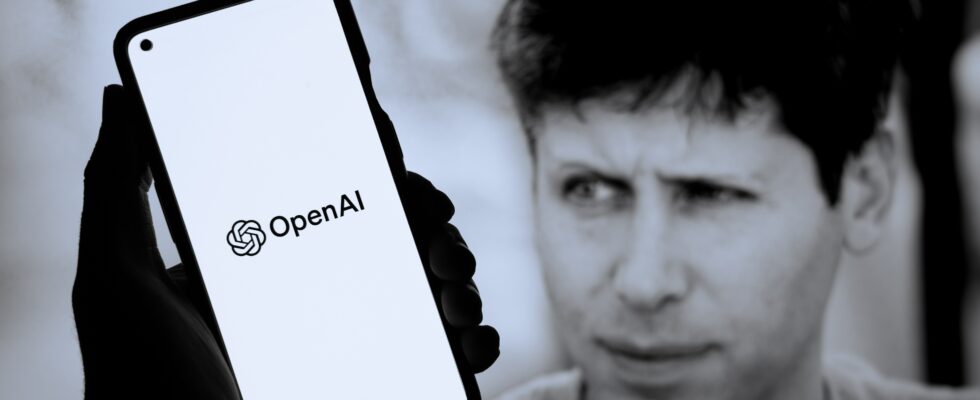The creator of ChatGPT defends itself against those who accuse it of having improperly used content protected by copyright, including the New York Times.
Since almost the release of its chatbot, OpenAI has been criticized by many content creators for using their productions to power its language models, without having paid them. Press articles are among the materials particularly used by the Californian company. And after several complaints that made the headlines, OpenAI takes stock of its approach, which the company defends in a letter published on its blog.
Legal and legitimate use for OpenAI
“OpenAI and journalism”. This is how the defense of the American firm is titled after the accumulation of criticism to which it has been the subject in recent times. The letter defends the ways of doing things by Sam Altman’s teams, first recalling that it collaborates with many actors in journalism such as the Associated Press or the American Journalism Project.
The missive also explains that the way in which it uses content retrievable on the net to train ChatGPT is not theft of copyrighted properties, but “fair use”. A principle of Anglo-Saxon law allowing the use of a protected work in certain cases.
OpenAI also indicates that journals not wishing to see their work used by the firm have every right to report to it, so that the start-up no longer draws on this source in the future. What the New York Times did in August 2023.
The New York Times criticized
The media institution, which took Microsoft’s partner to court, is also particularly criticized in this press release. OpenAI refutes the idea that ChatGPT simply regurgitates journal articles. For Sam Altman’s company, this would be an extremely rare phenomenon, and which, moreover, would have been knowingly provoked by the New York Times by using very long prompts, which could even be extracts from articles, in order to to bring out old articles that have been shared for a long time. And this, with the idea of illustrating his complaint.
She thus considers the legal action taken by the American newspaper to be “ without merit “, and specifies that it constantly works to protect itself from these famous ” regurgitation “. OpenAI has also started, like Apple, to approach newspaper publishers to obtain a license to use their articles, for sums that are, for the moment, quite unattractive.
Source : OpenAI

0